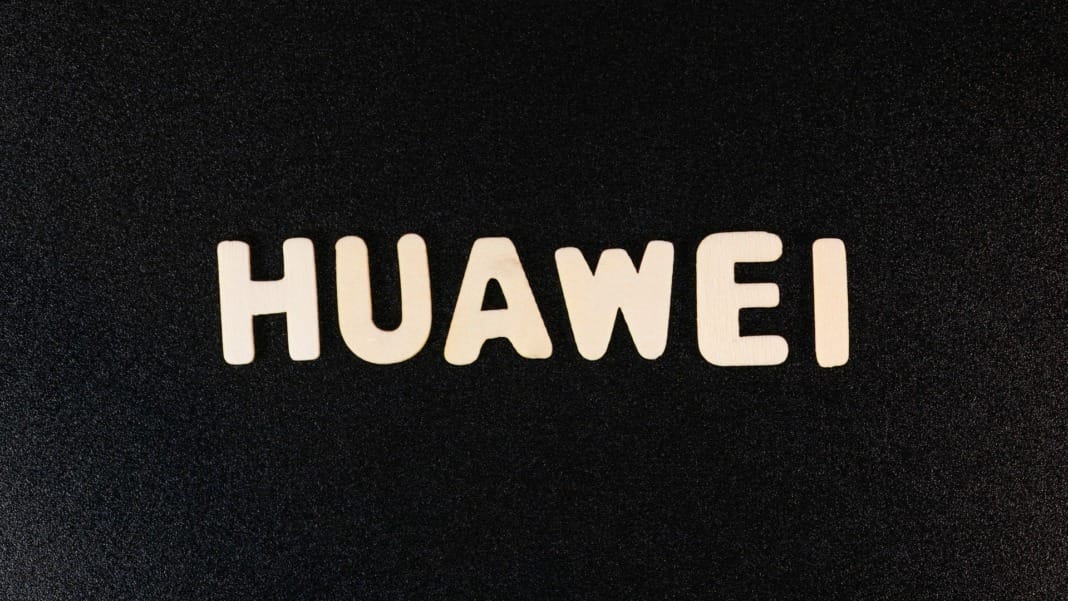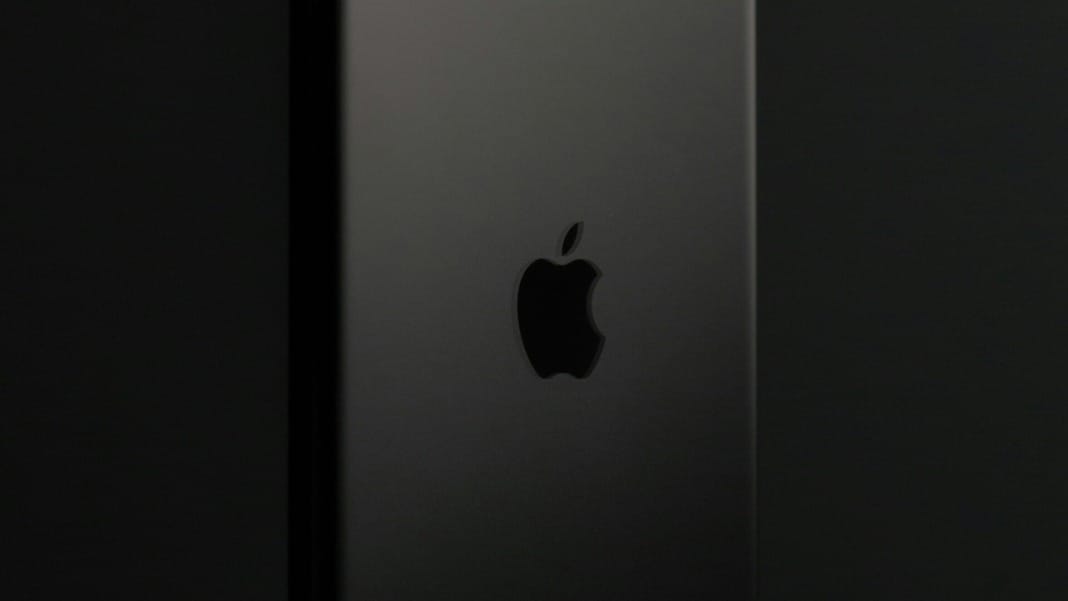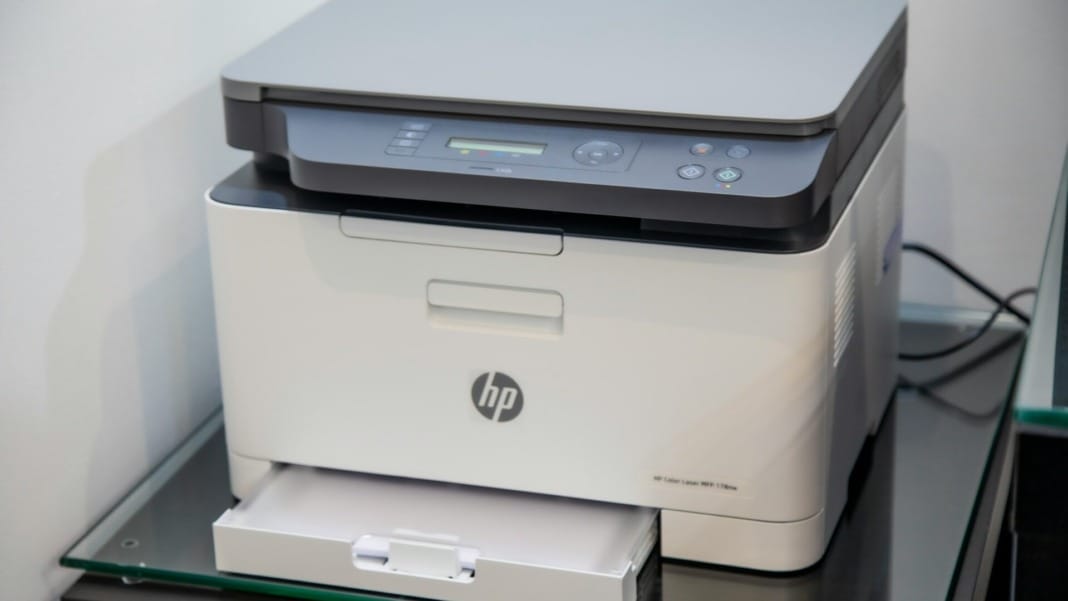In an intriguing twist in the tech world, Huawei Technologies has emerged as a formidable contender in the artificial intelligence (AI) chip industry, setting the stage for direct competition with Nvidia. Due to US export restrictions, this development came when Nvidia was restricted from shipping its advanced graphics processing units (GPUs) to China. As a result, Huawei’s Ascend 910B chipset has surfaced as a compelling alternative to Nvidia’s GPUs in the Chinese market, garnering attention from industry insiders and analysts.
Ascend 910B: A new benchmark in computing power
Huawei’s Ascend 910B, readily accessible in mainland China, draws comparisons with Nvidia’s A100 data-centre GPUs. This new chip is an evolution of Huawei’s previous model, the Ascend 910, released shortly after the company was placed on a US trade blocklist. The Ascend 910B is manufactured by China’s top foundry, Semiconductor Manufacturing International Corp (SMIC), using a sophisticated 7-nanometre process. Analysts, such as Dylan Patel from SemiAnalysis, believe that the Ascend 910B competes with and may surpass the Nvidia A100 in terms of theoretical performance, signifying a significant advancement in AI chip technology.
Huawei’s strategy in overcoming US sanctions
Despite the severe impact of US sanctions on its semiconductor development and smartphone business, Huawei has shown remarkable resilience. The launch of the Mate 60 Pro in August last year, Huawei’s first 5G smartphone since the Mate 40 series, was a clear indicator of the company’s innovative capabilities. The Mate 60 Pro is powered by the Kirin 9000s processor, which raised eyebrows about how Huawei managed to circumvent the comprehensive US chip ban. This move marked Huawei’s comeback in the domestic smartphone market and underlined its growing prowess in semiconductor technology.
The future landscape: Challenges and opportunities
Huawei’s entry into the AI chip market signifies a significant shift in the industry, challenging Nvidia’s dominance. Huawei has remained tight-lipped about the Ascend 910B, yet its commitment to AI was prominently displayed at the MWC Barcelona trade show. Unlike Nvidia, which benefits from its extensive GPU experience and the robust CUDA software ecosystem, Huawei focuses on developing its Compute Architecture for Neural Networks. This is a strategic move to bridge its hardware and software capabilities in AI computing.
However, Huawei faces significant challenges ahead. The US sanctions have imposed constraints on chip performance and production yields, necessitating substantial investments in software development. Huawei’s strength in chip design needs to be complemented with robust software capabilities, potentially through collaborations with other companies.
As the competition intensifies, industry experts closely watch the strategic manoeuvres of Nvidia and Huawei. While Nvidia continues to benefit from its established CUDA platform, Huawei’s foray into the AI chip market marks a new chapter in technological innovation and competition, with challenges and opportunities.





